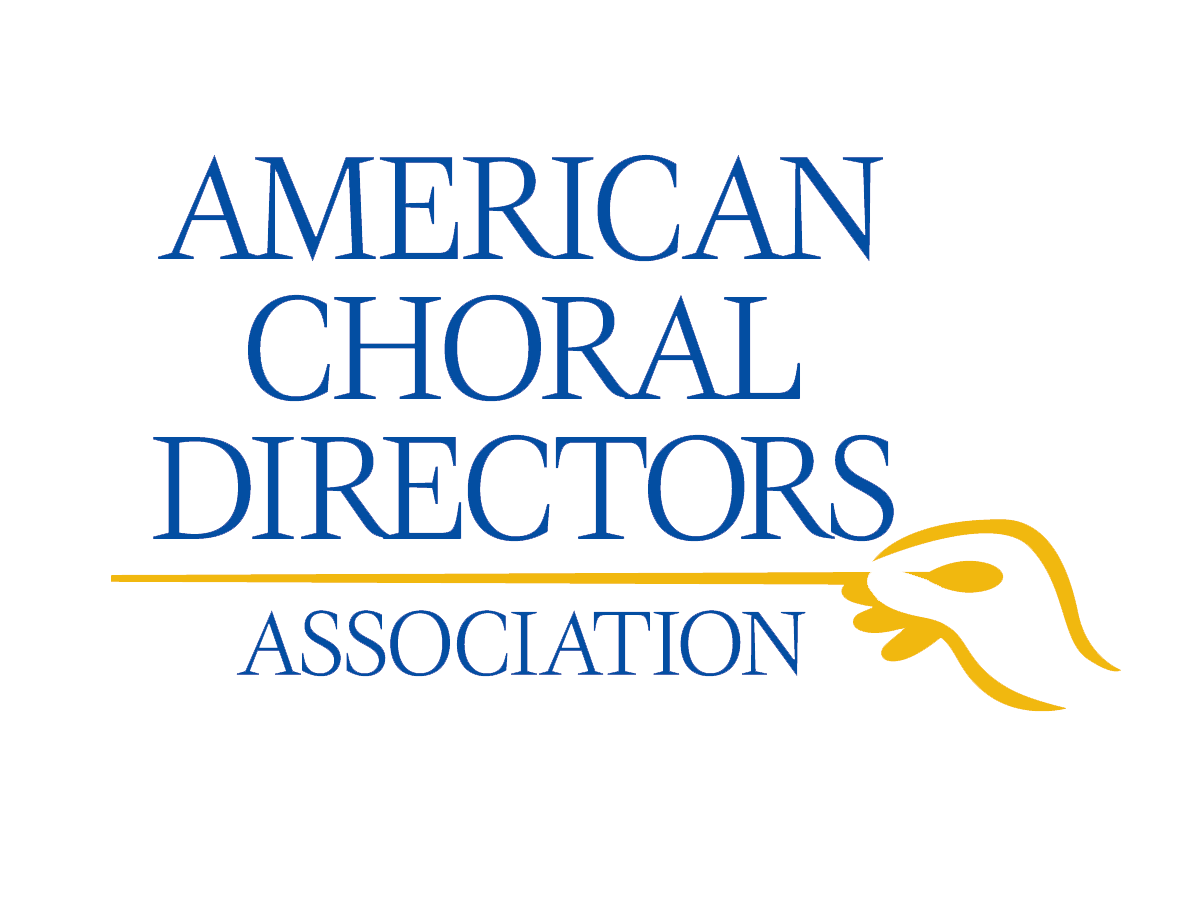The vital connection between the skills of singing Renaissance polyphony and the successful performance of contemporary choral music serves as the basis of this interest session. The Renaissance repertoire is the wellspring of our choral art. It provides all choral musicians, from beginners to professionals, the opportunity to develop, hone, and maintain the necessary skills for successful ensemble performance in all style periods and particularly those demanded by contemporary literature – accuracy of pitch, accuracy of intonation in both the vertical and horizontal planes, rhythmic acuity and articulation, shapely and expressive phrasing, and proper balance of voice parts. It develops the individual skills prized in all genres of artistic singing – beauty of tone, purity of vowels, legato, accurate diction, expressive text declamation, and a full range of dynamic control. In short, mastery of Renaissance polyphony gives singers, conductors, and pedagogues techniques particularly valuable in the performance of today’s choral music. Using selected musical examples from the late 15th to the early 17th centuries, participants will have the opportunity to directly experience rehearsal methods, as well as receiving performance and programming ideas, for bringing music from five centuries past to life for singers and listeners. Issues of interpretation, performance practice, notation, and vocal pedagogy will be addressed through specific rehearsal and group vocal techniques. Then, using selected examples from the 21st century repertoire, we will explore how knowledge and skill in Renaissance music performance can inform, enlighten, and improve an ensemble’s ability to more successfully learn and perform contemporary music as well. Attendees will participate in a number of different vocalizations and exercises that can aid in singing Renaissance music and contemporary music successfully. They will be asked to sing in several different ensemble placements, vocalize using various modes and scales, work with scores that provide varying levels of musical information and detail, and be given the opportunity to apply the lessons of singing Renaissance polyphony to contemporary music through direct comparative experiences. The session will provide participants with fresh insights into how Renaissance polyphony can continue to inspire us, move us, teach us, and continue to build our collective choral artistry as we move forward in the 21st century.



